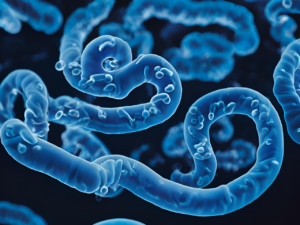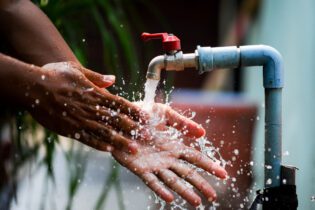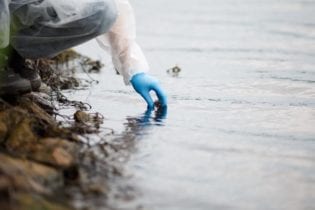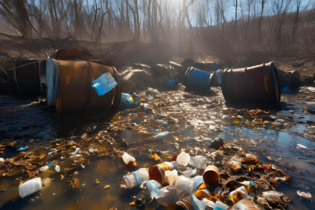During the routine raw water sampling in September water from 5 sites indicated the presence of cholera, namely:
- Wentzel dam
- Schweizer Reneke
- Christiana
- Barkley West Caravan park
- Douglas weir.
The Department of Water and Sanitation advise communities and water users along the Harts and Vaal rivers from Christiana downstream to be careful in the use of the raw (untreated) water from the rivers.
Communities are advised not to drink or come into contact with the raw water from the rivers. Follow up sampling on the river is in process and will indicate extend and area of caution. The communities under the Dr Ruth Segomotsi Mopati, Francis Baard, and Pixley ka Seme District Municipalities and the water services authorities in the area have been requested to take extra care in the water treatment process, disinfection, and chlorination of the water. The chlorination of water is effective to safeguard water from the risk of cholera. The Naledi, Greater Taung, Leekwa Teemane, Magareng, Dikgatlong Sol Plaatje, Siyacuma and Phokwane Municipalities treat water from the rivers to ensure it is safe for consumption. Water is tested to ensure safe drinking water. Water not meeting the required standard would not be supplied for drinking and domestic use. The Vaal River is a “workhorse river” serving the Gauteng, Free State, Northwest and Northern Cape provinces supplying water to various users for domestic, industrial, mine and agricultural use that contribute to nutrients in the river.All possible pollution sources from Bloemhof dam to Douglas are considered, specifically from the discharge of wastewater treatment works. The required compliance monitoring and enforcement activities will continue to ensure compliance.
DWS would like to remind members of the public that rivers, dams, and streams contain raw (untreated) water, and this water is not suitable for human consumption. We therefore urge members of the public to avoid consuming untreated water sourced from such water bodies unless it is first disinfected. The National Institute for Communicable Diseases has also set out guidelines that should be followed regarding safe drinking water. The municipalities are encouraged to instruct water users to boil their water for drinking purposes as extra safety precaution where the results from the laboratory or operational monitoring may indicate a risk.







